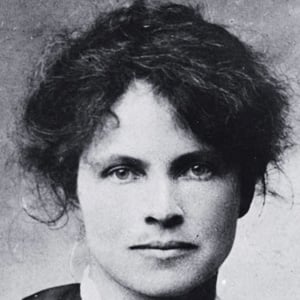

1 The underlying message of this story reflects these beliefs and methods to the point that at least one Goodreads reviewer has joked that the story is “totally some kind of Montessori school propaganda.” Indeed, this book is essentially a tribute to the virtues to be gained from a Montessori education, and I think it is as useful to adults as it is motivational and inspiring to children. The story follows such a logical outline that it almost reads like a how-to manual for helping a child come into her own.ĭorothy Canfield Fisher was a proponent of progressive education and her friendship with Maria Montessori led to her adoption of her philosophies, and her publication of several books that helped bring the Montessori method to the United States. The reader can clearly follow this progression because each chapter so clearly illustrates a milestone in Betsy’s life. Finally, Betsy becomes experienced enough to make her own decisions and to look after a younger child herself. I enjoyed how she changed in phases - first, she barely knows how to contribute to the household then, a while later, she is able to imitate her cousin Ann’s actions and solve problems by her example. I was so impressed by the way each chapter built on the one before it to show Betsy’s growth from weak, dependent, and overprotected, to strong, confident, and self-reliant.

I loved everything about the story - the characters, the description, the structure, and the message. Originally published in 1916, it is one of the oldest books I’ve reviewed, and yet, I relate to it much more strongly than many newer titles I have read. This lovely gem of a book is one of the best discoveries I have made through my Old School Sunday feature. As she settles into life on their farm, however, Elizabeth Ann - now known as Betsy - realizes how much she can do on her own and learns to truly understand herself. Instead, Elizabeth Ann goes to stay with Aunt Abigail and Uncle Henry Putney, and their daughter Ann - cousins about whom she has heard nothing but terrible things. When Aunt Harriet falls ill, however, the two aunts must move for the sake of her health, and they cannot take Elizabeth Ann along with them. Aunt Frances especially prides herself on how well she understands the little girl, and she makes a point of fussing over every little thing that happens to her.

Aunt Harriet and Aunt Frances coddle Elizabeth Ann, doing practically everything for her and keeping her sheltered from the outside world. Elizabeth Ann has always lived with her Great-aunt Harriet and Harriet’s daughter, Frances.


 0 kommentar(er)
0 kommentar(er)
